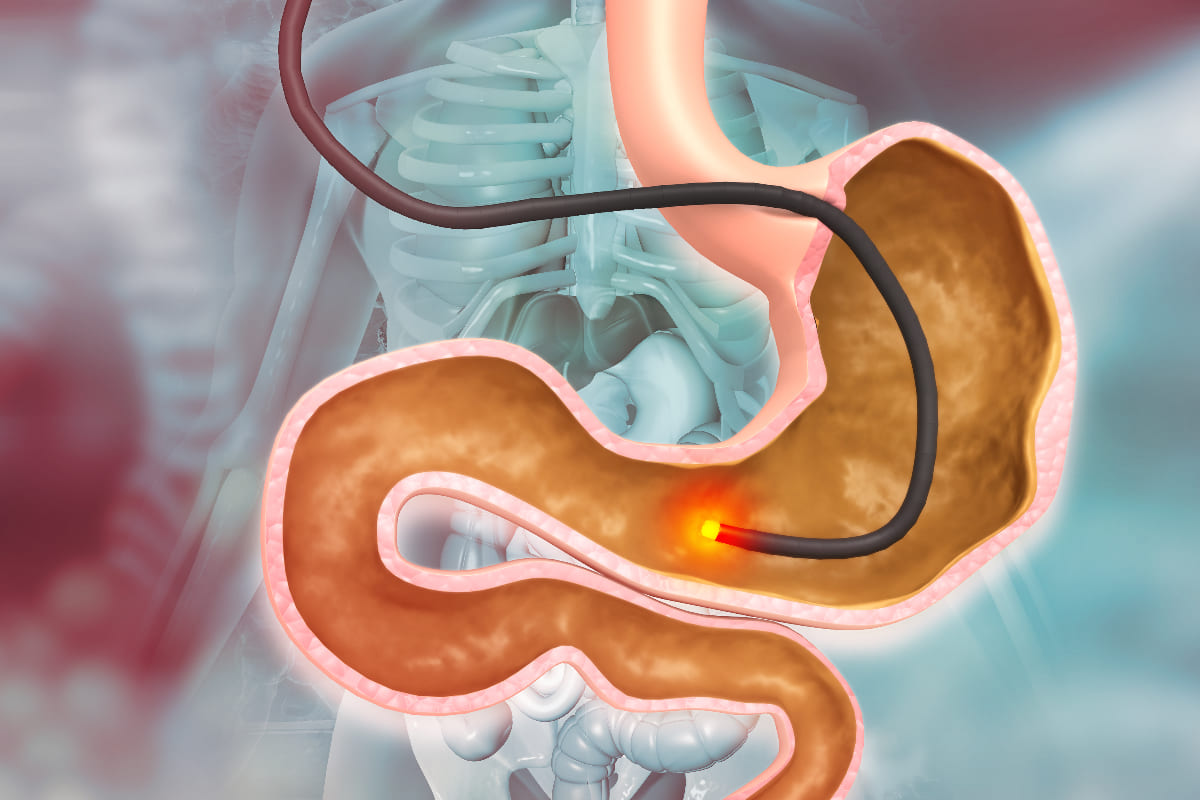KEY TAKEAWAYS
- The study aimed to investigate the efficacy and safety of NAIT in patients with GEJC.
- Researchers noticed the efficacy of NAIT in resectable GEJC alongside an acceptable toxicity profile; further investigation is ongoing.
In recent years, neoadjuvant immunotherapy (NAIT) has emerged as a promising approach in the management of gastroesophageal junction cancer (GEJC). However, variations in suggested neoadjuvant treatment regimens for GEJC patients reflect the need for comprehensive evaluation of efficacy and safety outcomes.
Danzhu Wu and the team aimed to assess the effectiveness and safety of NAIT in patients with GEJC.
They performed an inclusive analysis by conducting a comprehensive search of the Cochrane Library, PubMed, Embase, and Web of Science to identify studies investigating the safety and effectiveness of NAIT for resectable GEJC. Effect sizes (ES) and 95% confidence intervals (CI) were analyzed, alongside subgroup assessments and evaluation of heterogeneity. Meta-analyses were conducted utilizing Stata BE17 software.
About 753 patients from 21 studies were selected for meta-analyses. NAIT demonstrated higher values for major pathological response (MPR), pathological complete response (pCR), and nodal downstage to ypN0 rate. The effectiveness of NAIT was reflected in the following ES values: MPR (ES = 0.45; 95% CI: 0.36-0.54), pCR (ES = 0.26; 95% CI: 0.21-0.32), and nodal downstage to ypN0 rate (ES = 0.60; 95% CI: 0.48-0.72) than those of neoadjuvant chemotherapy (nCT) or neoadjuvant chemoradiotherapy (nCRT) (MPR < 30%; pCR: ES = 3%-17%; nodal downstage to ypN0 rate: ES = 21%-29%).
The incidence rates of surgical resection, surgical complications, surgical delay, and treatment-related adverse events (trAEs) were used to evaluate safety. As a result, the ES values for the incidence of trAEs, incidence of surgical complications, and surgical delay rate were, respectively, 0.66, 0.48, and 0.09. These rates (95% CI: 0.60-0.70; 0.15-0.51; and 0), were similar to those from nCT or nCRT. The mean surgical resection rate of 90% was comparable to the mean resection rates of 85%-95% with nCT or nCRT.
The study concluded that NAIT demonstrates effectiveness in treating resectable GEJC while maintaining an acceptable level of toxicity. However, further investigation is necessary to fully understand the long-term effects of NAIT.
This study was sponsored by the Clinical Research Fund of Shandong Medical Association-Qilu Special Project and Bethune-Cancer Radiotherapy Translational Medicine Research Fund.
Source: https://pubmed.ncbi.nlm.nih.gov/38716645/
Wu D, Yang L, Yan Y, et al. (2024). “Neoadjuvant immunotherapy improves outcomes for resectable gastroesophageal junction cancer: A systematic review and meta-analysis.” Cancer Med. 2024 May;13(9):e7176. doi: 10.1002/cam4.7176. PMID: 38716645; PMCID: PMC11077431.



